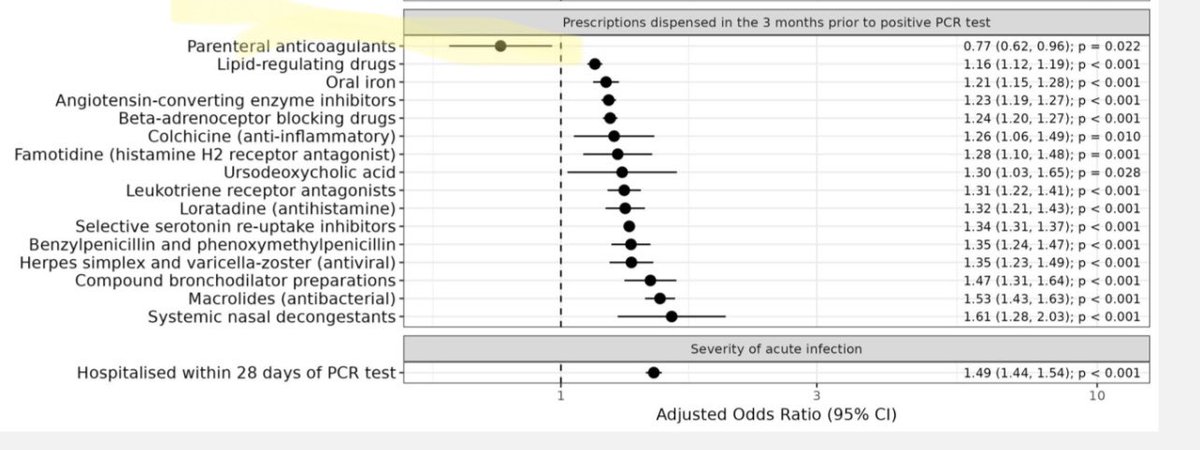There have been a number of case studies suggesting anti-coagulants are useful treatments for long Covid, and a number of doctors are prescribing these, singly or as a 'triple therapy' to long Covid patients, including children.
The treatment has tended to be promoted along with the hypothesis of microclots, although it's possible anti-coagulants could be useful even if the microclot idea is baseless.
I thought it would be useful to have a thread where we can look at the evidence of benefits and the risks.
The treatment has tended to be promoted along with the hypothesis of microclots, although it's possible anti-coagulants could be useful even if the microclot idea is baseless.
I thought it would be useful to have a thread where we can look at the evidence of benefits and the risks.
Last edited:

